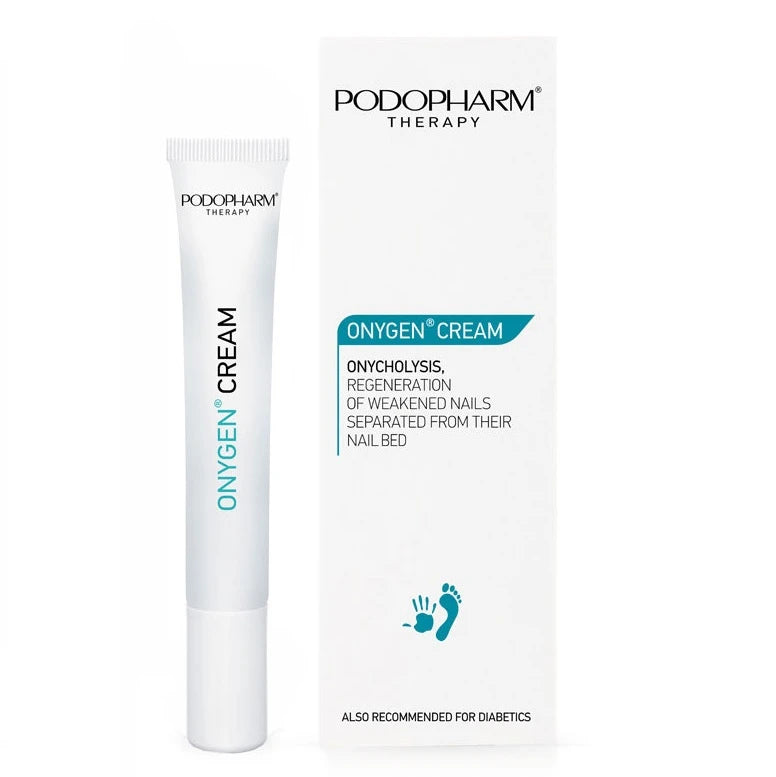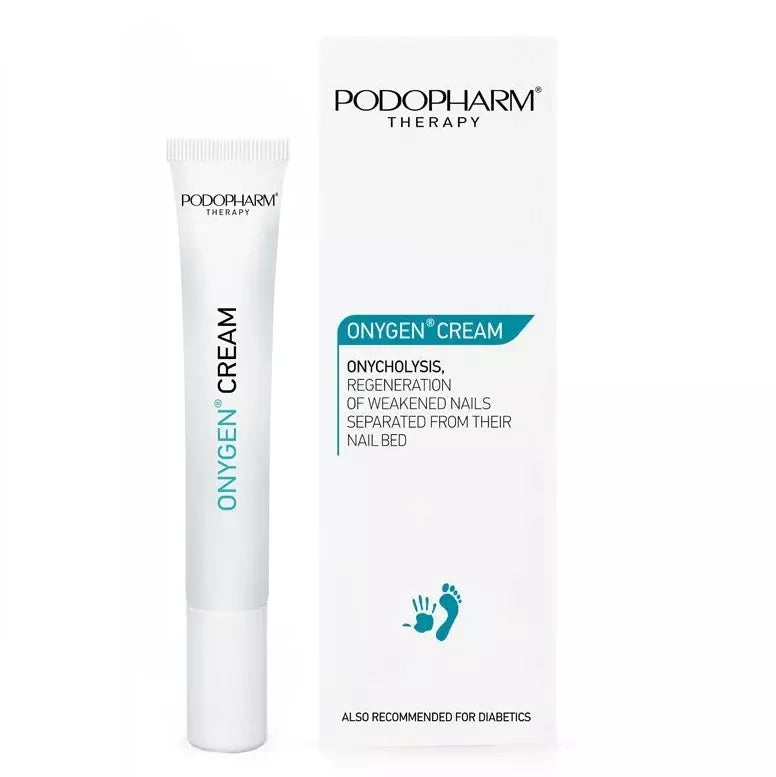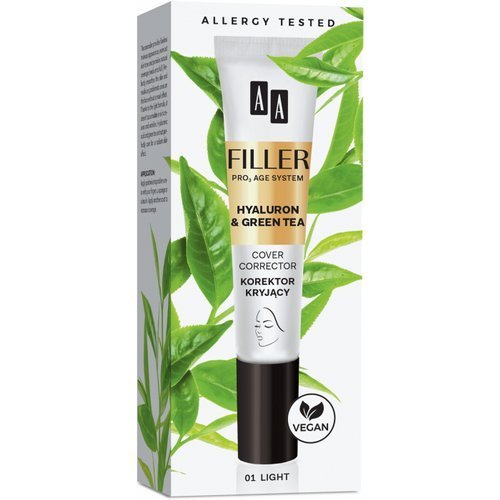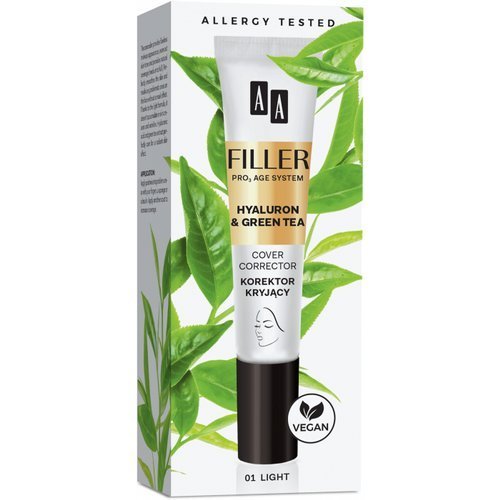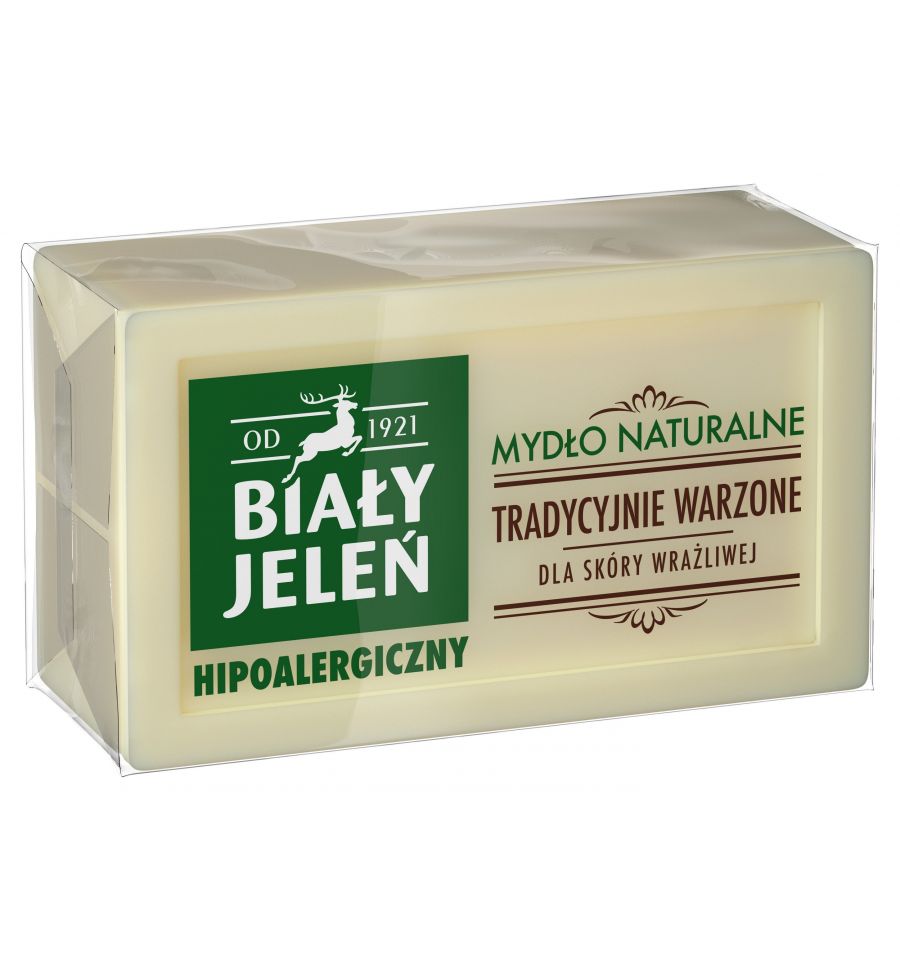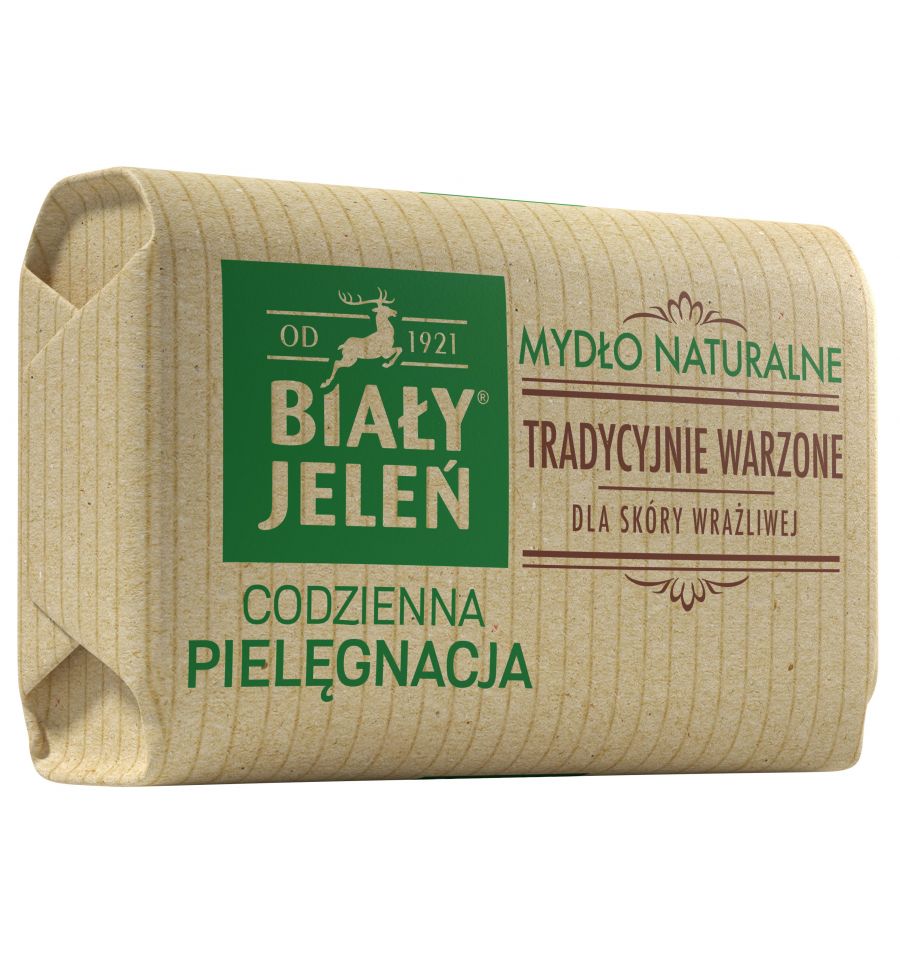How to Care for Intimate Hygiene: Why pH Balance and Good Bacteria Matter?
Why the pH of Intimate Areas Deserves More Attention

Most people don’t think twice about how the skin in different parts of the body behaves, but the truth is, it’s not all the same. The skin around the intimate area, for example, has a different pH level than other areas, and that matters a lot for your health and feminine hygiene.
Here’s why: when we sweat, our bodies produce lactic acid. That acid helps lower the skin’s pH, and it happens across the entire body, including around intimate zones. But that’s only part of the story.
The mucous membranes inside the vagina naturally produce secretions with an even lower pH than the surrounding skin. This creates a very specific environment—one that healthy bacteria need in order to thrive and protect against infections.
What a Healthy Vaginal Microbiome Looks Like
For your intimate area to stay in good condition, it needs the right balance of bacteria. The vaginal microbiome should be both diverse and rich in beneficial microbes. These bacteria play a protective role by preventing the overgrowth of harmful organisms.
A healthy balance includes:
-
Aerobic bacteria, like Corynebacterium, E. coli, Klebsiella, Streptococcus, and Staphylococcus species
-
Anaerobic bacteria, such as Veillonella, Peptococcus, and especially Lactobacillus strains
-
Urogenital mycoplasmas, like Mycoplasma hominis and Ureaplasma
Out of all of these, Lactobacillus bacteria are especially important. They help create an acidic environment that acts as a barrier against infections. These good bacteria don’t just sit around—they actively stop harmful microbes from sticking to your cells, and they can even fight off bad bacteria directly.
How to Take Care of Intimate Hygiene the Right Way
Maintaining the right pH is one of the best things you can do for your intimate health. There are two main things to keep in mind:
-
Support your body’s natural bacterial balance
-
Avoid disrupting the pH of the mucous membranes
This is where gentle, specially formulated products come in. Intimate care products can help keep things in balance and lower your risk of irritation or infection, especially when they’re made with ingredients that support your body’s natural defences.
Choosing Products That Work With Your Body

Good products don’t just clean—they support your body’s natural protective barrier. Look for intimate washes and care items that contain lactic acid or its natural by-products. These ingredients help maintain a healthy pH range—ideally somewhere between 3.8 and 4.2.
At the same time, they gently remove sweat, sebum, and unwanted bacteria—without stripping away the good stuff.
Is There Such a Thing as the Best Soap for Feminine Hygiene – And Is It a Good Idea?

There are other products—like vaginal moisturizers or pH regulators—that are designed for internal use, but these fall under medical or pharmaceutical categories and are regulated differently.
So before you try something new, take a few seconds to check the packaging. A quick look can tell you exactly how to use it—and help you avoid doing more harm than good.




